If you're new to small batch baking (or even if you've been doing it for years!), these small batch baking tips will help you bake smaller portions of your favorite treats and scale down your favorite baking recipes. Plus, I've done the ingredient measurement math for you and included a free downloadable recipe conversion chart!
Small batch baking is nothing new; it has long been popular among singles, newlyweds, empty nesters, and smaller households wanting to bake smaller quantities of sweet treats. If you want to bake a batch of cookies but don't need 3 dozen cookies in the house for a family of 2, small batch baking is the answer.
Now, during these unprecedented times, so many of us are spending time at home, finding comfort in baking. But, we may not want to bake large quantities of baked goods, either to conserve precious ingredients or because we're not able to share them with our friends and families. Small batch baking is a perfect solution!
There are lots of small batch recipes available, and I'm sharing some of my own throughout this post. But did you know that you can turn almost any recipe into a small batch baking recipe by scaling down the ingredients to make a smaller quantity? Here are my small batch baking tips for scaling down your favorite recipes!
Jump to:
Small Batch Baking Tips: The Basics
Before we dive into the details, here's the essential info you need to know:
- To scale down a recipe, reduce the measurements for each ingredient by the same ratio. For example, if you're cutting a recipe in half, divide all ingredient measurements by 2.
- Keep reading for a handy recipe conversion chart that will help you easily scale down your ingredient measurements!
- I will scale down a recipe to ½, ⅓, or even ¼ the original recipe. And to make things easy, I often decide how much to reduce a recipe by by first looking at the ingredient measurements. A recipe that uses 3 cups of flour and ⅔ cup of sugar is more easily divisible by 3 than by 2, so I’ll make ⅓ recipe rather than ½ recipe.
- Calculate the new ingredient measurements before you begin and write them all down so that you won’t accidentally get confused mid-recipe (been there!).
- In some cases (typically with recipes baked on trays, like small batch cookies), the recipe instructions will not change. In other cases (typically with recipes baked in pans, like small batch brownies), the baking time may need to be adjusted. Keep reading for more information about how to tackle downsizing recipes based on the tray or pan you'll be using.
How to Scale Down Recipes Baked on Trays
Small Batch Cookies: Cookies are perfect for small batch baking! You can reduce the recipe quantity to your liking, following the same recipe instructions using the new ingredient measurements.
Small Batch Muffins: Muffins can also be easily scaled down. A recipe for 12 muffins can be cut in half to make 6 muffins or cut down to ⅓ to make 4 muffins. You’ll simply fill fewer muffin cups in your pan, and the baking time will remain the same. (If I’m not using all of the cups in a muffin pan, I stagger the cups I'm filling to allow for more airflow around the muffins as they bake, which creates taller domes.)
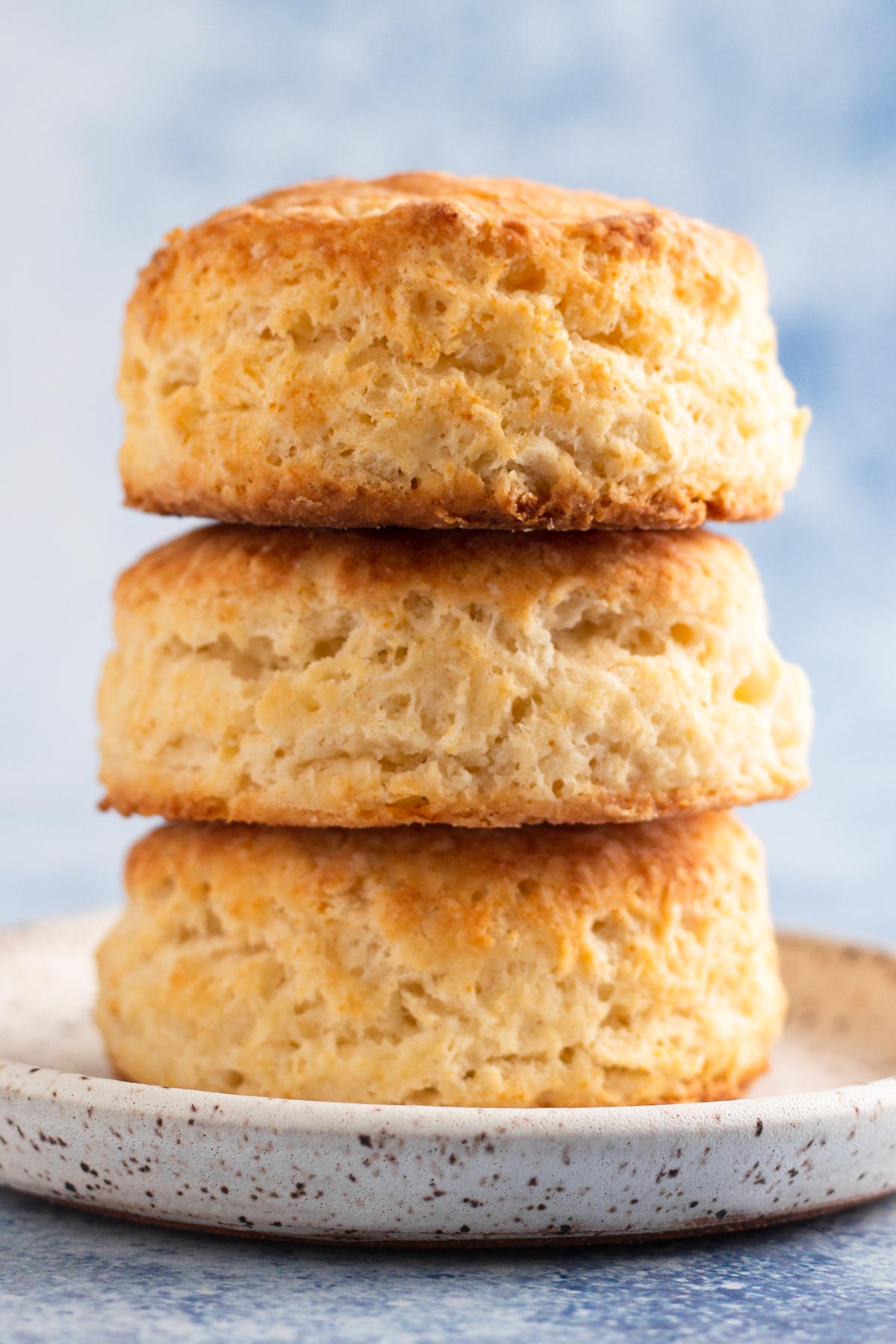
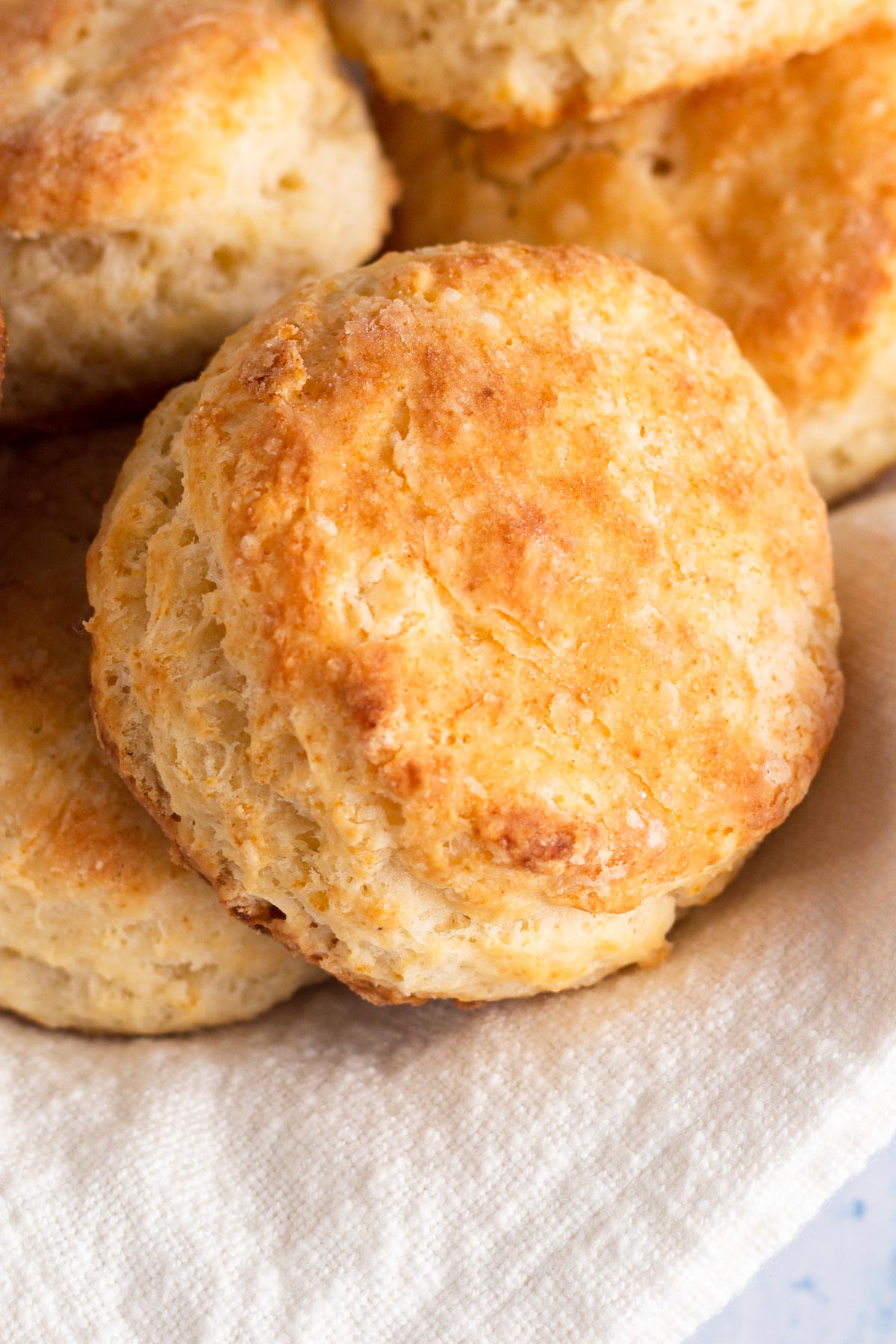
recipe: small batch buttermilk biscuits
How to Scale Down Recipes Baked in Pans
Brownies, bars, and cakes can all be scaled down, too, by baking them in smaller pans.
A recipe that uses a 9 in. x 13 in. pan can be cut in half and baked in an 8 in. x 8 in. pan, instead. It’s important to note, however, that since the surface area of an 8x8 pan is more than half the surface area of a 9x13 pan, the recipe won’t be quite as thick when baked in the 8x8 pan. You will, therefore, want to check on your baked goods a few minutes sooner, since it may cook more quickly.
A recipe that uses an 8 in. x 8 in. pan can be cut in half and baked in a standard loaf pan (8.5 in. x 4.5 in.). Same as above with converting a 9x13 recipe to 8x8, the surface area of the loaf pan is slightly more than half that of the 8x8 pan, so the baked good will be slightly less thick and also may cook a bit more quickly, so check it early for doneness.
A cake recipe using a 9 in. round cake pan can be cut in half and instead baked in a 6 in. round cake pan. The resulting cake should be the same thickness, so the baking time shouldn’t change (though it’s still a good idea to check a few minutes before the recipe recommends, just in case). Also, a double-layer cake recipe could be cut in half to become a single-layer cake of the same size.
Measurement Conversions for Small Batch Baking
Here’s a handy ingredient measurement conversion chart that will help you scale down your ingredient measurements when downsizing a recipe.
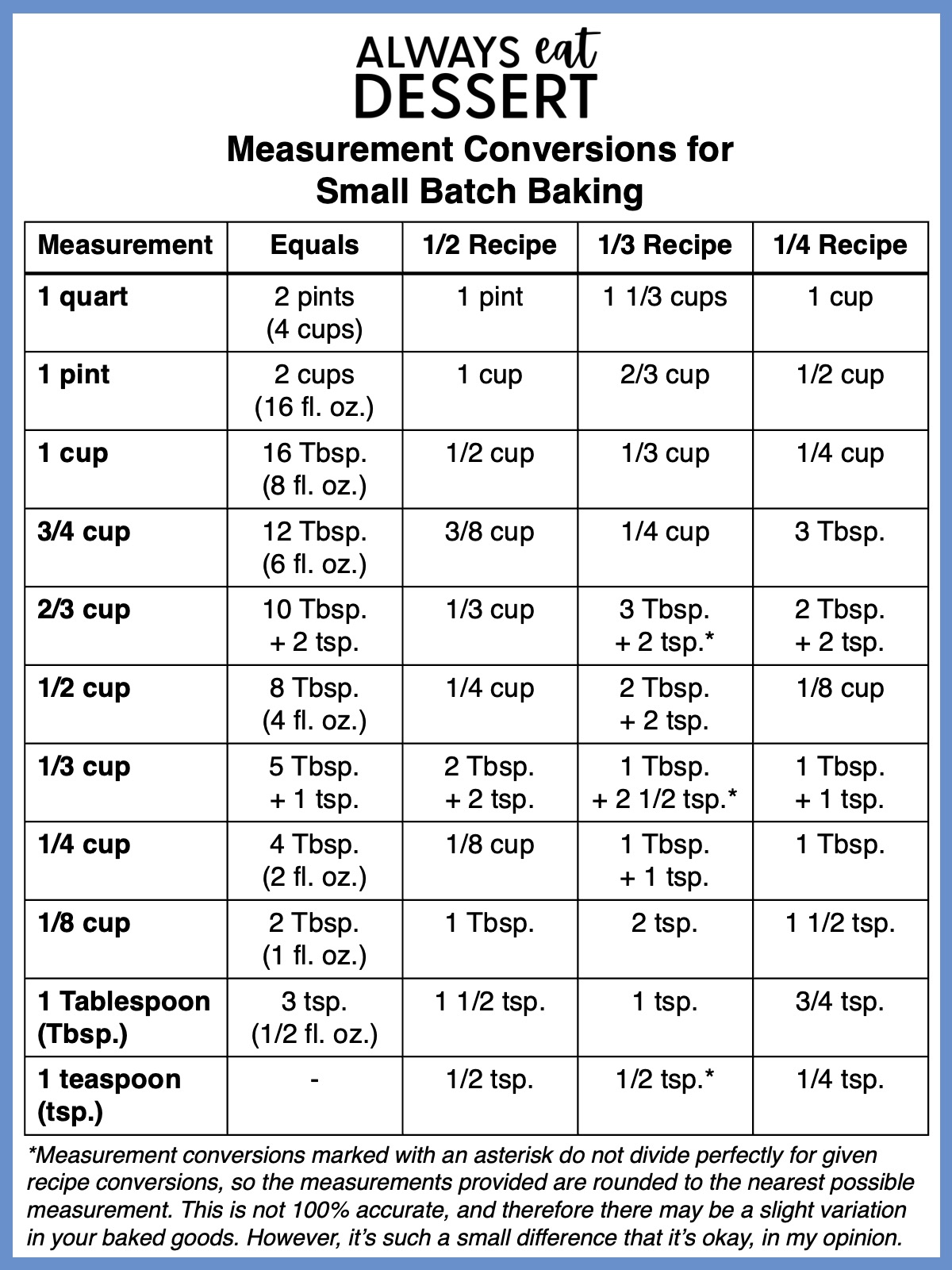
Click Here to Download a Printable Version of This Chart
A brief explanation of how to use this chart… The chart outlines measurement equivalents (for example, 1 Tablespoon equals 3 teaspoons), which are helpful to know as you’re converting ingredient measurements for small batch baking. I’ve also gone ahead and done the converting for you for many common measurements, whether you're making ½, ⅓, or ¼ of the original recipe.
Tip: Sometimes it’s impossible to divide your ingredients perfectly. For example, if the original recipe calls for 1 tsp. baking soda and you’re making ⅓ of a recipe, you now need ⅓ tsp., but a ⅓ tsp. measure doesn’t exist. In these instances, it’s okay to round to the nearest measurement. It won’t be 100% accurate, and your baked goods may turn out slightly different as a result, but it’s such a small difference that it should be okay.
Tip: As with all baking, you want to be sure you’re measuring your ingredients properly. Check out this post, full of helpful tips to ensure that you’re measuring ingredients accurately!
How to Halve an Egg
What if I scale down a recipe and now need just half an egg?
Here’s what I do when I scale down a recipe a suddenly need just half of an egg: I break an egg into a small bowl, whisk is together until the yolk and white are well combined, and divide it in half. Add half of the egg to your recipe, and save the other half in the fridge for another use (you can treat yourself to eggs for breakfast the next day, if you don’t need it for baking).
Small Batch Baking Tools
The following pans and tools are not must-haves, but they do come in handy for small batch baking!
- ¼ sheet pans (or even ⅛ sheet pans) - If you often bake small batches of cookies, these pans will come in handy and take up less space in your kitchen than a more standard ½ sheet pan.
- 8x8 pan - Perfect for scaling down recipes typically baked in a 9x13 pan. (Alternatively, you can line half of your 9x13 pan with aluminum foil, making sure that you create a sturdy "wall" in the center of the pan, in order to fake a half-sized pan.)
- Standard loaf pan (8.5x4.5 in.) - Ideal for scaling down recipes typically baked in an 8x8 pan. (Alternatively, you can line half of your 8x8 pan with aluminum foil, making sure that you create a sturdy "wall" in the center of the pan, in order to fake a half-sized pan.)
- 6 in. round cake pans - Perfect for scaling down 9 in. cake recipes.
- Dry ingredient measuring cup set - Obviously measuring cups are a kitchen staple, but I really love this set of 7 measuring cups because it includes measurements like ⅛ cup and ⅔ cup, so that I can measure more efficiently (instead of having to measure 2 T or ⅓ cup twice).
- Liquid measuring cup set - I absolutely love this set of OXO measuring beakers and use them all the time. The smaller beakers allow me to measure tiny amounts of liquid ingredients without dirtying my measuring spoons. (I hate having to wash my teaspoon multiple times for one recipe!)
- Measuring spoons - Similar to the dry ingredient measuring cups above, I love that this set also includes a ⅛ tsp. measuring spoon.
Alternate Option: Freeze the Extras
Instead of baking in small batches, you can also consider baking full-sized batches and freezing the extras (either before or after baking). You could make a full batch of cookie dough and freeze it, baking a few cookies at a time from your freezer stash. Or you could bake a full loaf of banana bread and then freeze half of it to enjoy later (be sure to wrap the completely cooled loaf in plastic followed by aluminum foil prior to freezing).
These posts will come in handy if you’re looking to freeze your baked goods:
How to Freeze Cookie Dough & Cookies
How to Freeze Pies & Pie Crust Dough
If you have any questions about small batch baking (or know of any great tips that I missed) please share them in the comments below!
DON'T FORGET TO PIN THIS BAKING TIP FOR LATER!
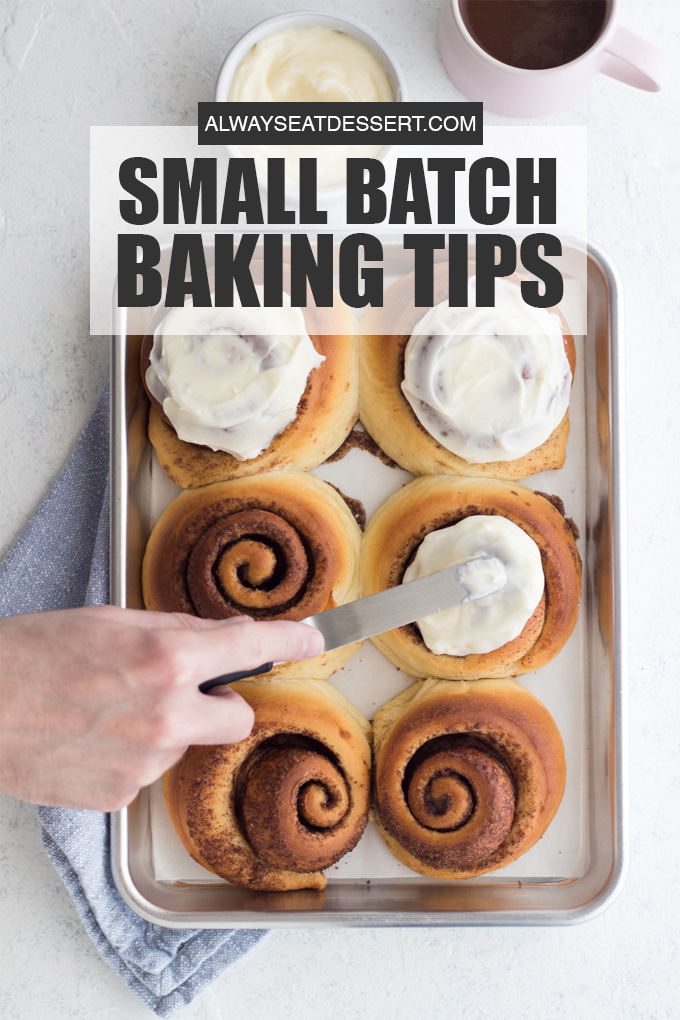


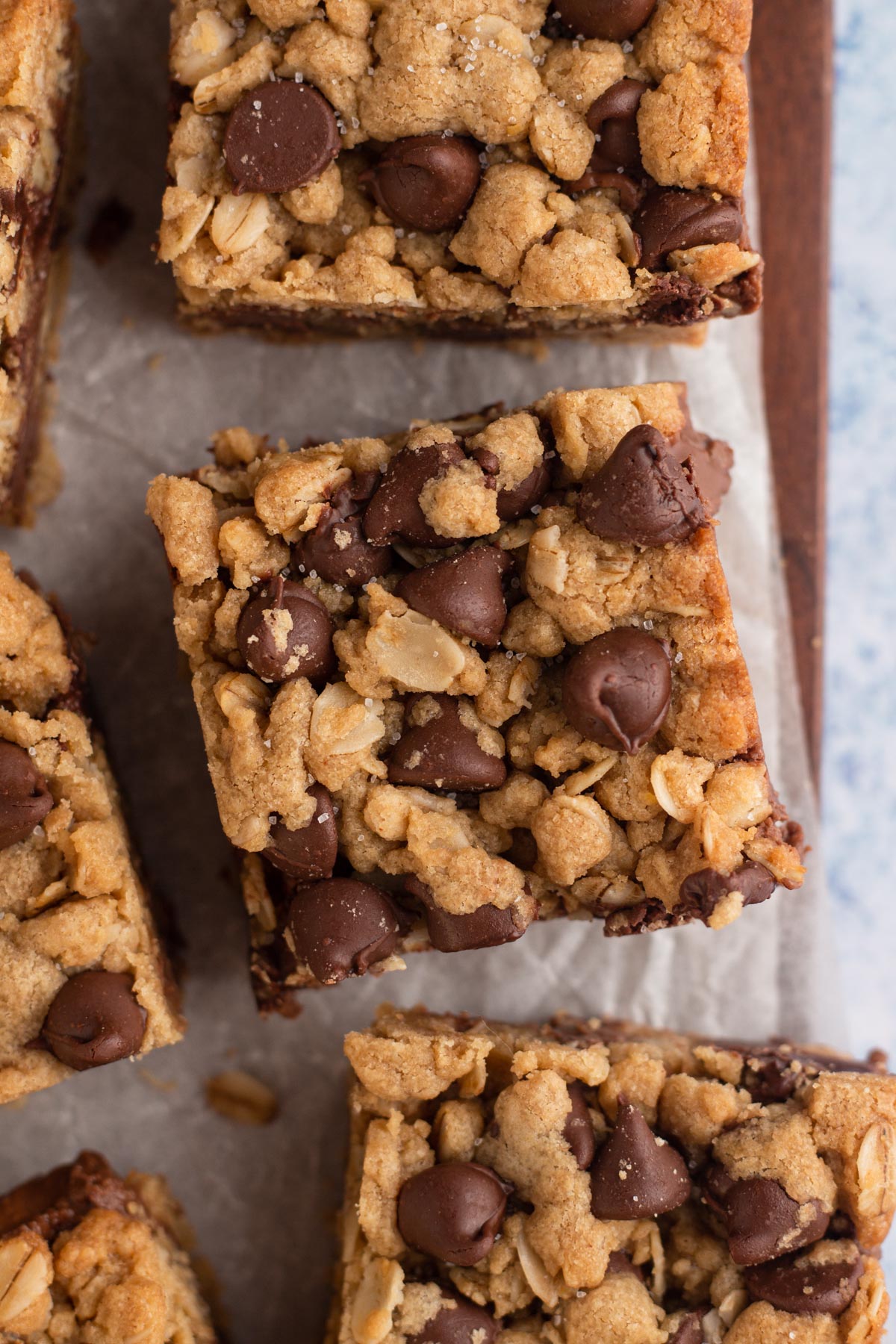
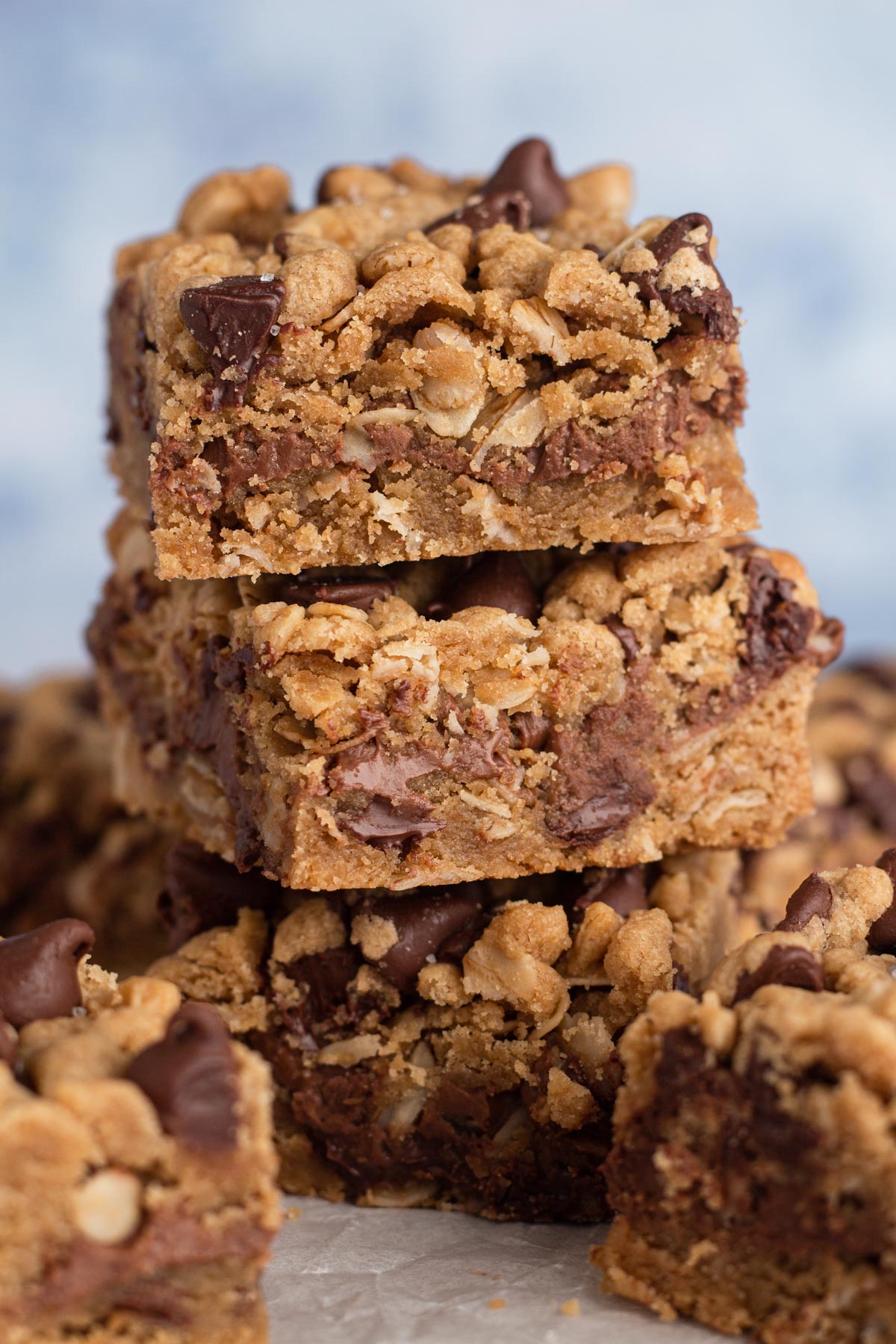
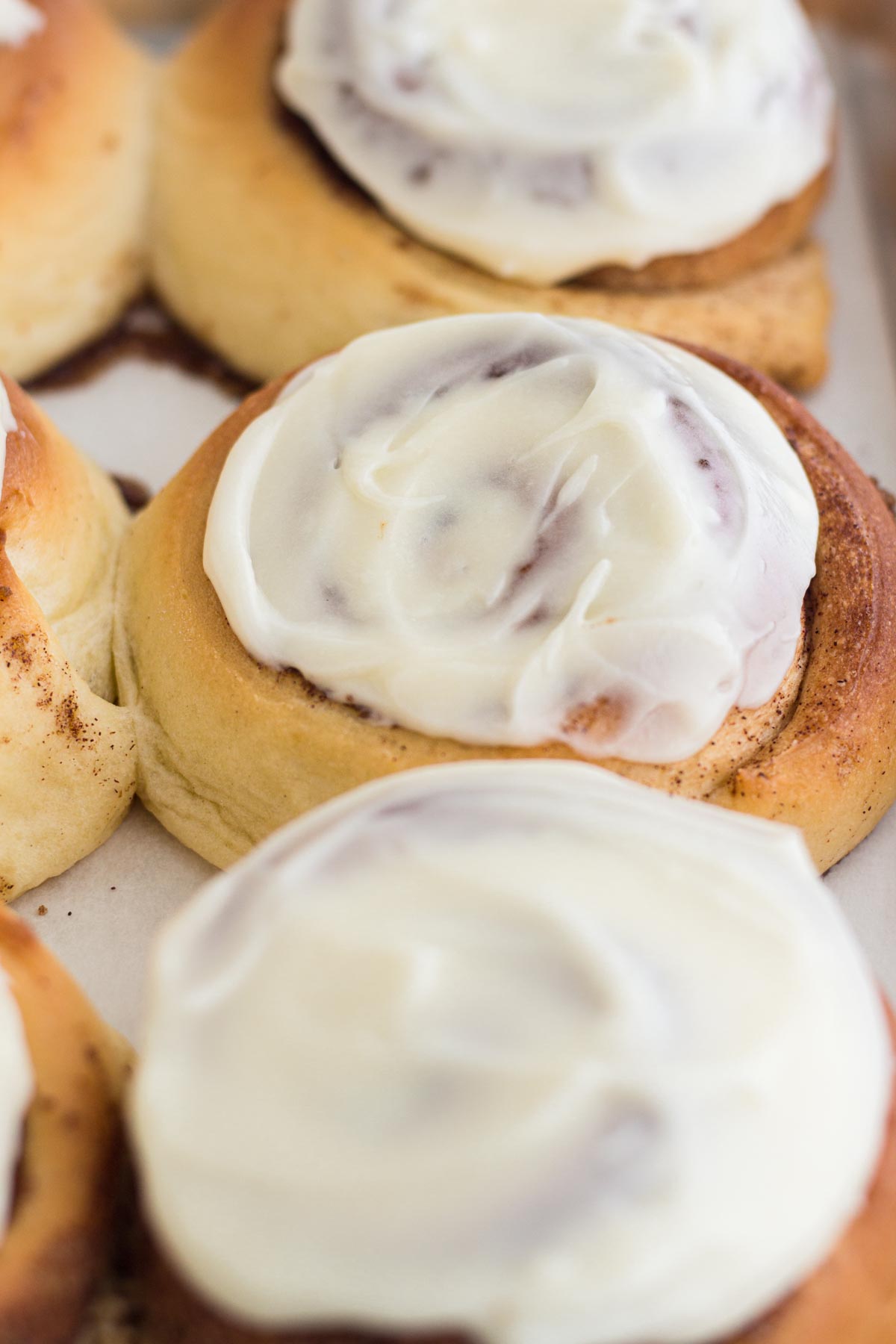
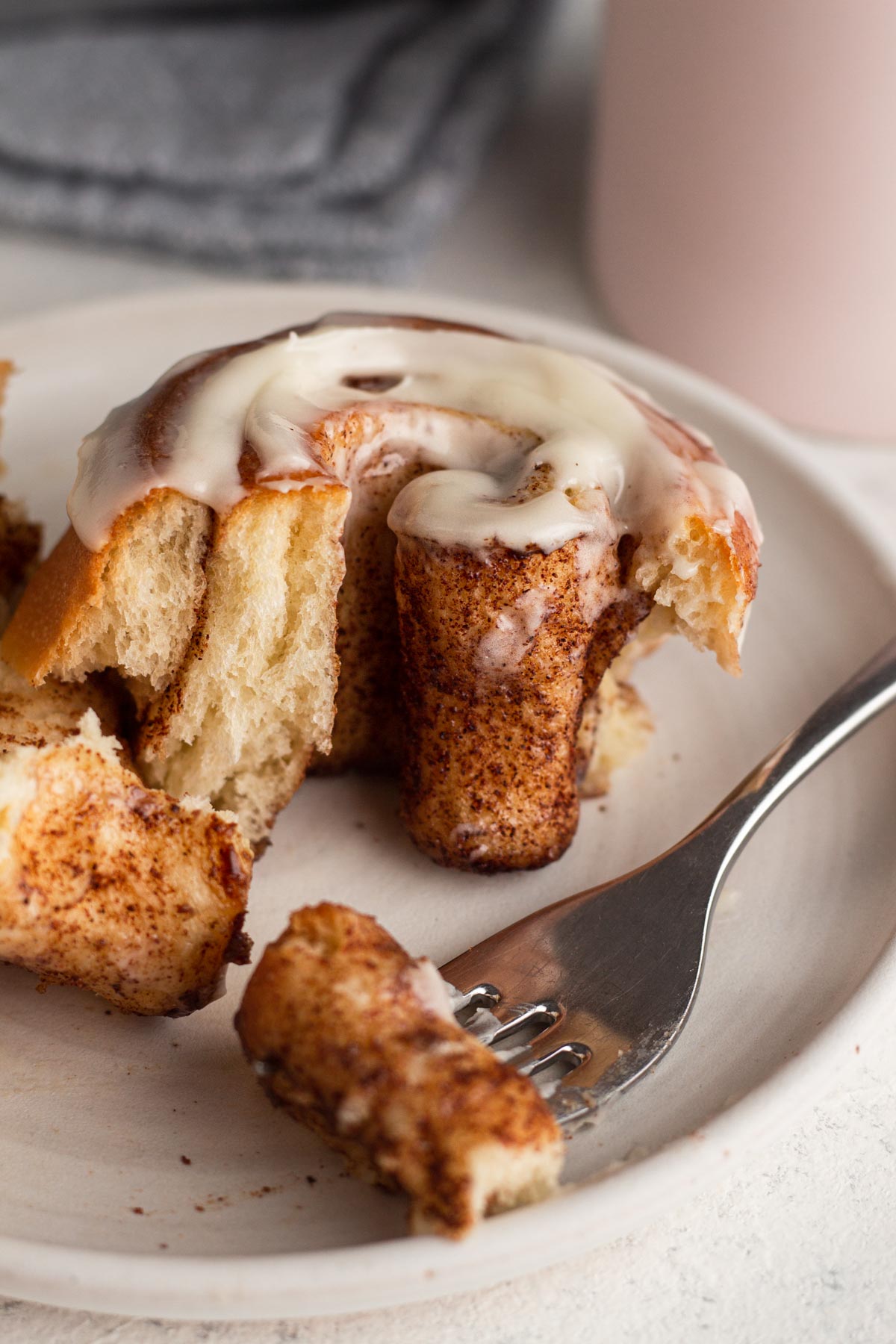
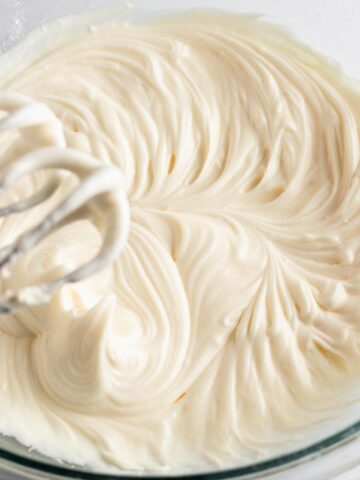
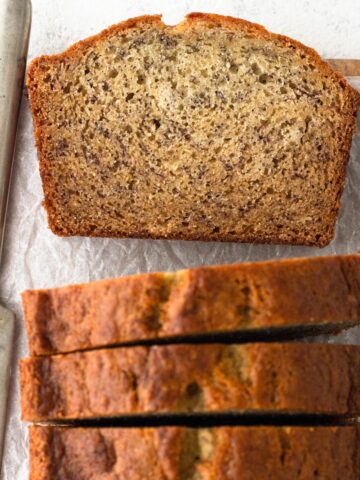
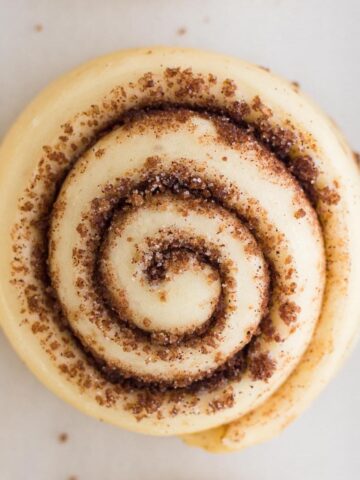
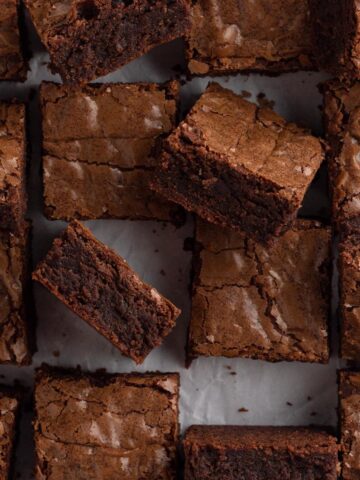
Comments
No Comments